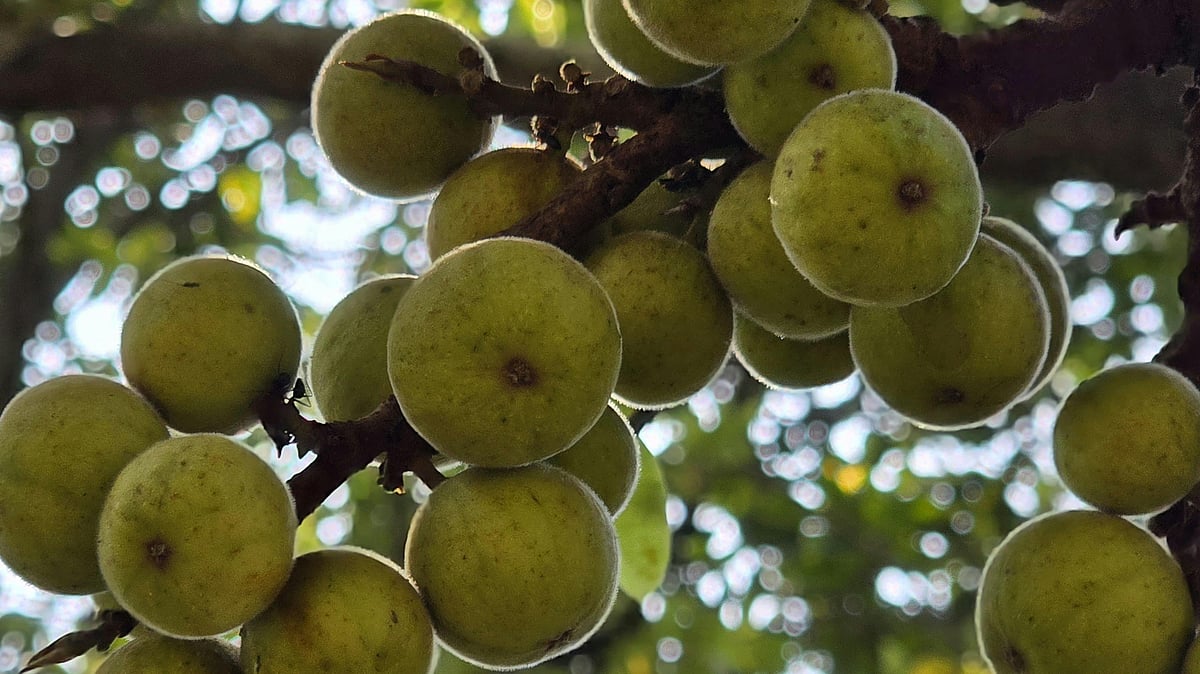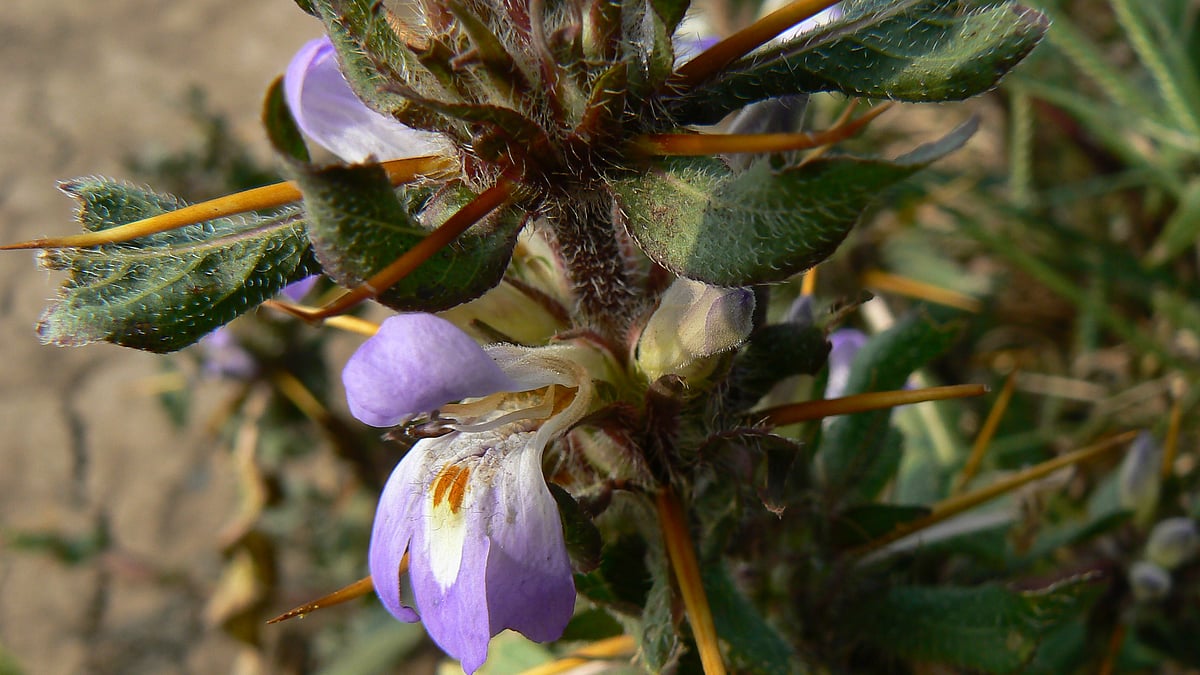Adding a pinch of sweetness to one’s life is important as it makes it rich and more exciting. But introducing lumps of sweetness to one’s diet beyond measured proportions could harm his/her health. A hint of sugar is alright on a daily basis but consuming it generously could disrupt the health parametres. People with diabetes must keep the granules and cubes of sugar at bay to keep their condition in check.
It is now imperative to not only increase an individual’s life span but also to take care of his/her health span. As a result, for a balanced intake and to achieve a stable physical state, amending and altering the diet chart becomes necessary
A catalogue of natural and artificial sweeteners or sugar substitutes like sucrose, sucralose, fructose, saccharin, sugar free pellets and tablets, plus stevia leaves has already flooded the grocery market. Among these, allulose is currently gaining ground as a low-calorie, fat-cutting sweet component.
Health ally
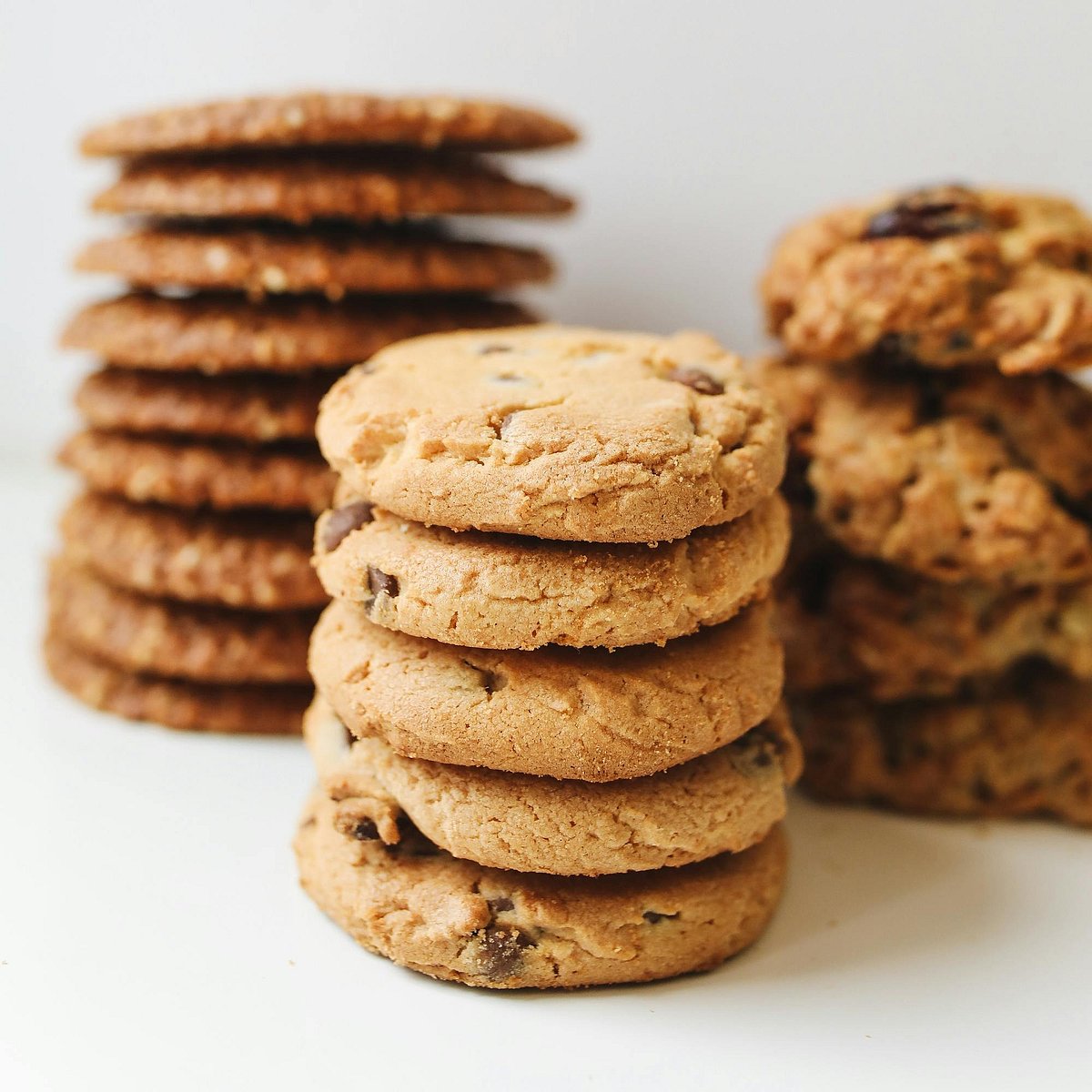
Is allulose natural sugar? One wonders. “Allulose is a rare type of natural sugar found in small doses in foods like figs and wheat. It’s often called ‘nature’s minimal-calorie sweetener’ because it tastes like regular table sugar (refined white sugar commonly used as a domestic sweetener and primarily consisting of sucrose) but doesn’t spike the blood sugar levels,” clinical nutritionist, consultant dietician and diabetes educator Kanikka Malhotra explains the term.
Also known as D-psicose, allulose exists in very little quantities in certain fruits and eatables like raisins and maple syrup.
“Chemically, it resembles fructose but it behaves differently in the body. It provides sweetness similar to home-stocked sugar (about 70% as sweet) with almost no or zero calories. Owing to this reason, it’s classified as an uncommon sugar element and is climbing the popularity ladder as a healthier alternative to everyday sugar,” differentiates Dr Vijay Negalur, HOD (Diabetology) at KIMS Hospitals, Thane.
“Allulose looks and tastes similar to regular sugar but has only about 10% of its calories. For the simple fact that it exists in nature, it is considered natural sugar. It is often used in low-calorie foods and drinks. Unlike ordinary sugar, allulose does not shoot up blood sugar or insulin levels sharply, which makes it suitable for people with diabetes or those trying to control their calorie or carbohydrate intake,” dispenses Dr Srishti Goyal, consultant dietician, Ujala Cygnus Group of Hospitals.
Market availability
An array of food sources comprises allulose in insufficient quantities. Traces of allulose are naturally accessible in jackfruit apart from other edibles and grains. However, since these are too limited for dietary use, most of the allulose that is available commercially today and used in food products is made by converting fructose derived from corn or sugarcane or sugar beet through an enzymatic process. Packaged versions are purchasable as sweeteners in powdered or liquid form.
“Considering that allulose levels in natural form are too inadequate to attain a sweet flavour, it is now being manufactured and extracted for its usage in food and drink,” insists Malhotra.
“As natural food sources consist of tiny amounts of allulose, scientists use special enzymes to acquire it from other sugar sources. That’s why it is commercially produced, which in turn, generates an output of healthier food products in lieu of relying entirely on artificial ingredients,” she concludes.
Allulose is present in molasses and brown sugar as well. “Small amounts can also appear in some wheat-based or fermented foods due to natural sugar fermentation,” reports Dr Goyal.
For the uninitiated, allulose is trending in health food aisles and on virtual marketplaces globally but in India, it’s just starting to be available. So, prospective buyers might need to look for it either online or at specialty stores.
Health gains
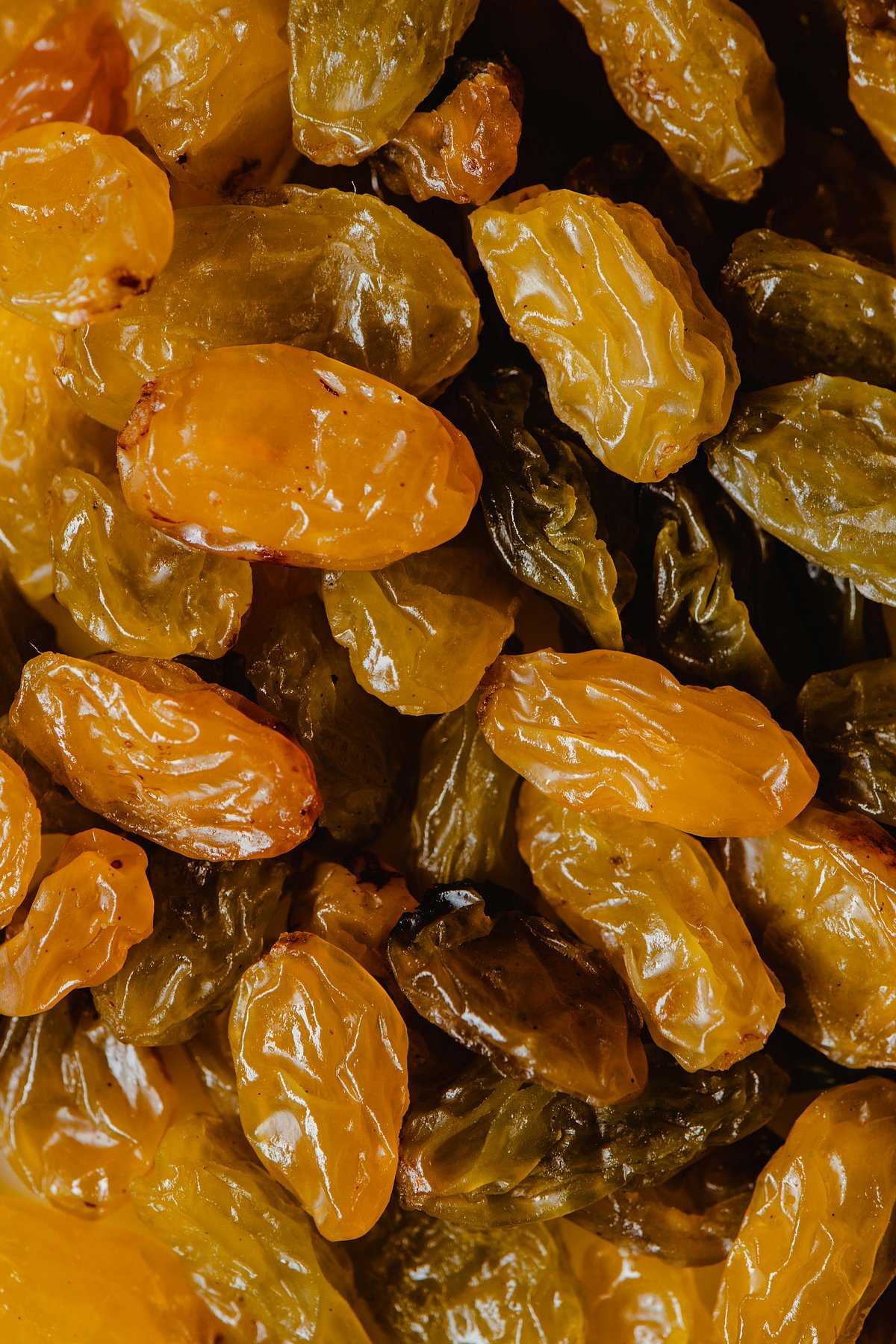
The real strength of allulose lies in its controlling of blood sugar levels and managing the body weight. It can lessen sugar spurts and stimulate fat burning in the body. It’s a wise choice for individuals with diabetes.
“Allulose offers a suite of potential health benefits. It helps regulate blood sugar and insulin levels, making it a prudent choice for people with diabetes or insulin resistance. It also monitors the weight by providing sweetness sans calories. Some studies further suggest that it may help protect against fatty liver disease, reduce oxidative stress and promote better metabolic health,” elaborates Dr Negalur.
Researches show that allulose can help the body exhaust or eat away fat more efficiently and prevent fat buildup. “Unlike regular sugar, allulose does not promote tooth decay. Just because it tastes and behaves much like table sugar, it can replace the latter in many recipes as a better option,” reveals Dr Goyal.
Allulose acquisition
The frequent query is that how allulose is digested by the body — excreted or metabolised?
“The human body absorbs allulose but instead of breaking it down for energy, it eliminates most of it unchanged via waste. Hence, sweetness is obtained without the unwanted calories or a blood sugar hit,” enlightens Malhotra.
Dr Negalur seconds the comment saying that “allulose is sucked up in the small intestine but is not metabolised for vitality. Instead, it is largely discharged intact through urine. Since it bypasses normal sugar metabolism, it contributes almost nil calories and has a nominal effect on blood glucose levels.”
Keto-friendly sweetener
Allulose is a keto hero because it doesn’t augment blood sugar level or insulin and is extremely low in calories. For the unversed, ketogenic is a low-carbohydrate, high-fat diet regime that puts the body into a metabolic state called ketosis wherein it burns fat for fuel instead of carbs. So, allulose is perfect for those resorting to low-carb, high-fat meals.
Cushion against diseases
People with specific health issues should include allulose in their daily diet.
Allulose can be beneficial to individuals with diabetes, obesity, insulin resistance or metabolic syndrome. “It allows them to enjoy sweetness on their palate without having to endure the harmful effects of regular sugar. It may also aid people managing non-alcoholic fatty liver disease (NAFLD) or those on low-carb or ketogenic diets. However, it’s important to consult a doctor or any dietitian before incorporating it in meals for daily consumption as excessive intake can occasionally cause a mild digestive discomfort,” Dr Negalur.
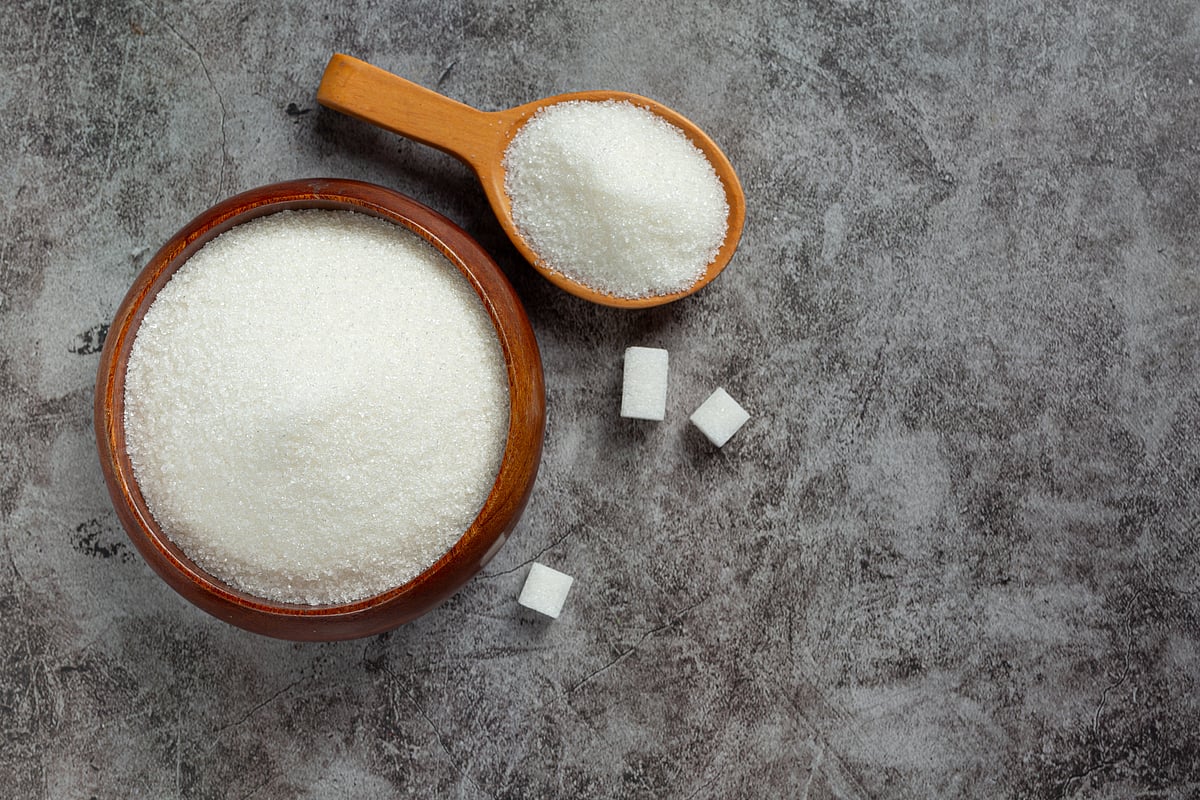
Here’s how allulose is different from sucrose, sucralose, fructose, stevia or other organic and artificial sweeteners:
● Sucrose (table sugar): High in calories, spikes blood sugar.
● Fructose (fruit sugar): Sweet with moderate calories and a lower blood sugar effect.
● Sucralose: Artificial sweetener with zero-calorie and a possible gut impact.
● Stevia: Zero-calorie, plant-based and leaves a herbal aftertaste. It is basically a shrub that grows in tropical and subtropical regions of America. Its leaves can be used as a calorie-free sugar substitute.
In comparison to the above, allulose is a natural source with negligible calories and leaves behind a sugar-like taste in the mouth. It is gentle on blood sugar.
A look at the following features of allulose:
a) Calorie count: Just 0.2-0.4 kcal per gram, nearly zero compared to regular sugar
b) Sweetness content: About 70% as sweet as table sugar
c) Texture: Crystalline or syrupy, feels like sugar
d) Taste: Clean with pleasant sweetness and no chemical aftertaste
e) Different forms it is available in: Powder, syrup or in blended products
